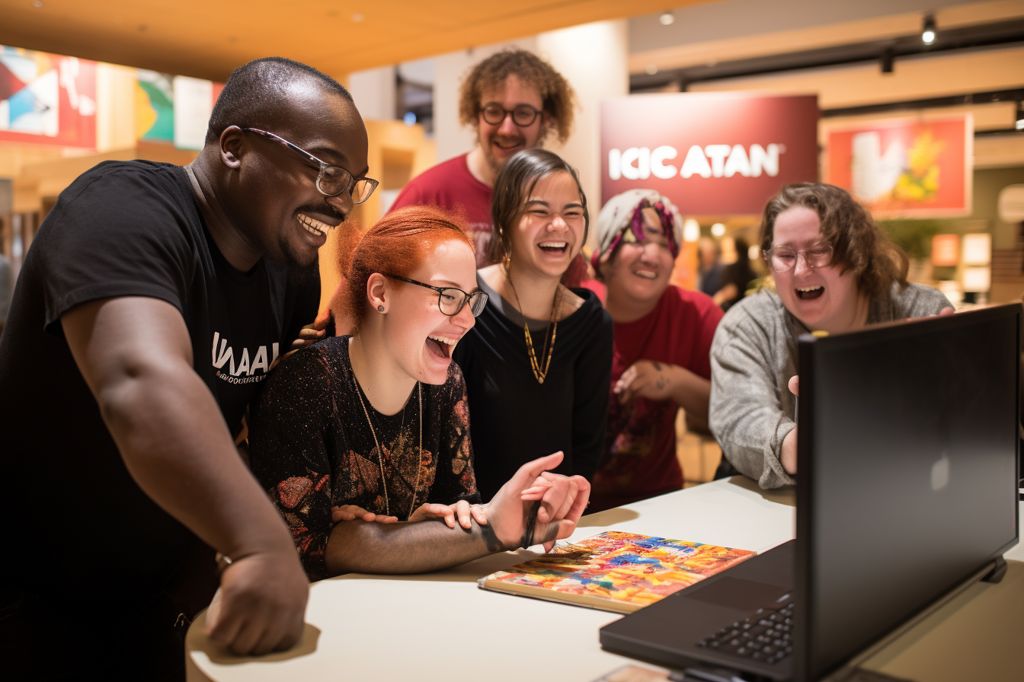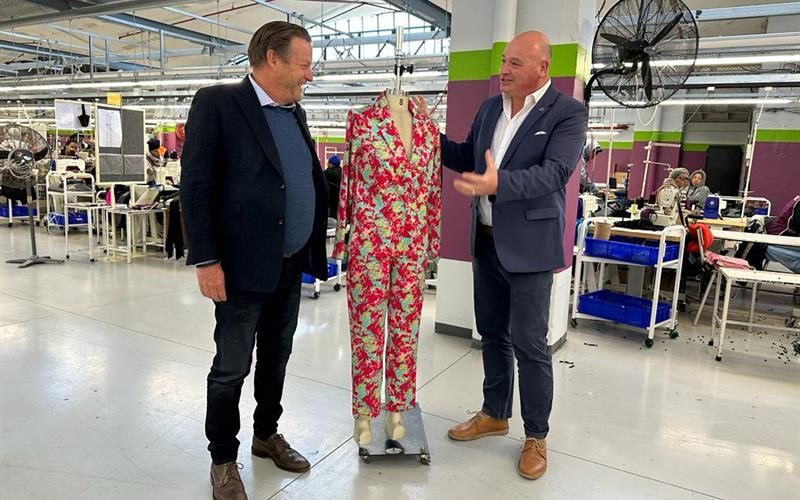In Elsie’s River, the I-CAN Centre is changing lives through digital skills and entrepreneurial opportunities. Recently, Mireille Wenger, Provincial MEC of Finance and Economic Opportunities, visited the center to experience its transformative impact.
The I-CAN Centre’s Mission and Accomplishments
Established in 2015, the I-CAN Centre has welcomed over 94,000 visitors and provided more than 13,600 training opportunities through a partnership between the City of Cape Town and the Department of Economic Development and Tourism. The non-profit organization, Genesis CITI, manages the center and offers both entry-level and vendor-certified vocational digital skills training. The programs have received accreditation from the MICT SETA for two ICT qualifications.
The Impact of I-CAN’s Programs
During her visit, Wenger met with students from Phillipi, Khayelitsha, and Elsie’s River who shared their experiences and the opportunities they gained through I-CAN’s programs. These young individuals serve as living proof of the center’s tangible impact on empowering their lives and careers.
The Community Hub
The I-CAN Centre operates as a hub that brings together various stakeholders, including the government, private companies, entrepreneurs, and non-profit organizations. Its mission is to drive transformational change in the community by providing access to technology and digital resources.
MEC Wenger’s Praise
MEC Wenger praised the center’s role in providing a safe space for primary and high school students as well as unemployed individuals to access technology-enabled services. She emphasized the importance of internet access for students completing assignments and job seekers developing their skills while searching for work.
Private Citizens, Entrepreneurs, and Small Businesses
In line with the Western Cape Government’s economic strategy, Growth for Jobs, Wenger emphasized the critical role of private citizens, entrepreneurs, and small businesses in job creation. She acknowledged the government’s responsibility in providing the foundations for economic growth and enabling citizens to acquire the skills needed to succeed in today’s rapidly evolving digital landscape.
The Makerspace Lab
Wenger inaugurated the I-CAN Centre’s Makerspace Lab during her visit. This innovative space aims to nurture young entrepreneurs’ skills by providing them with a platform to develop prototypes for display and generate income.
Bridging the Digital Divide
The I-CAN Centre’s efforts to bridge the digital divide in Elsie’s River and equip individuals with the digital skills necessary to thrive in the 21st century are more important than ever. With the unwavering support of MEC Wenger and the Western Cape Government, the I-CAN Centre will undoubtedly continue to uplift the community and create a lasting legacy in line with President Mandela’s vision for empowering the youth.








